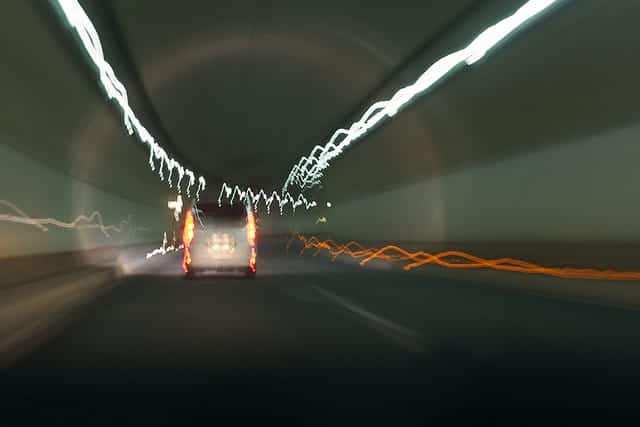If you’ve been reading this blog, you know that wireless backup cameras can prevent a lot of accidents. But the best backup camera won’t help if you are falling asleep behind the wheel. Even though the dangers of driving while tired have been known for some time now (many years, in fact), a number of drowsy and distracted drivers still take to the road every single day.
Not only is driving while you’re too tired a danger to yourself, you are also putting the lives of every other person on the road in danger — here are some of the reasons why drowsy driving is never okay.
- Approximately 21% of all fatal accidents happen because drivers are too sleepy to drive.
- Most tired driving accidents happen with drivers that are under the age of 25.
- Someone that has been awake for more more than 18 hours drives with the same impairments as someone that has a .05 blood alcohol level.
- Drivers that are sleep deprived act a lot like drivers that have been drinking. The best way to tell if someone is too tired or has been drinking is to watch how a driver speeds up and makes lane changes. Typically, drivers that are too tired to drive will switch lanes quickly and erratically.
Preventing Tired Driving
One of the main reasons why people drive drowsy has to do with the line of work that they are in. Some transportation companies require drivers to drive long hours, and some of those drivers will drive past the legal limit (drivers must sleep after a period of time) in order to make more money. However, professional drivers are not at the top of the list when it comes to drivers that get in the most sleep-deprived related accidents. That category goes to younger drivers under the age of 25, as stated above.
How can you prevent your child from driving while exhausted? Here are a few useful tips.
- Do not pressure your child to drive home for a specific time. Teens will wait until the last possible minute to drive home, and this can be dangerous if they’ve been up all night. Instead, allow your teen to spend the night at a friend’s home, and make sure that they are in for the night at a reasonable hour.
- Be sure that anyone taking the wheel has had eight hours of sleep the night before. Being rested is half the battle here.
- Make it known that turning up the radio, opening the window, and drinking coffee will not prevent drowsy driving. The only cure for sleepiness is sleep.
- If you find that you are tired, pull off the road, find a safe place to sleep, and take a 20 minute nap. If you need more rest, check into a hotel for the night — the small expense of a hotel is worth it when it comes to preserving your life and the lives of others.
- Keep in mind that caffeine takes 20-30 minutes to kick in. So, drinking a coffee when you are tired is not going to help right away. Stop, have a coffee at a diner, and then get back on the road — but even this won’t help if you are exhausted.
- Drive during those hours that you are usually awake. It’s a lot easier to drive when your body is used to being awake, and a lot harder to drive when you are used to sleeping. If you do have to drive in the middle of the night, make sure to get the right amount of sleep ahead of time, and consider adjusting your schedule a few days before your trip, so that you can become used to the different awake pattern.
You can never be too safe when it comes to driving. From installing a car backup camera to ensure absolute safety to making sure that you have enough sleep, driving should be taken seriously.

